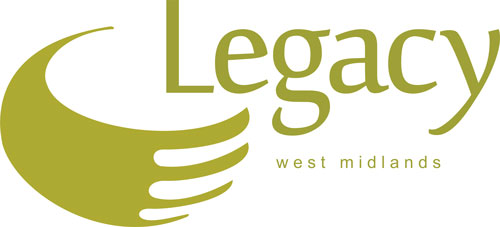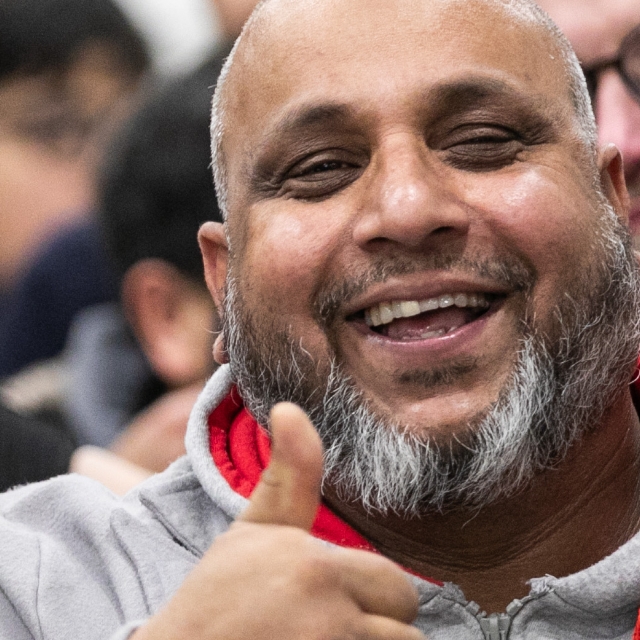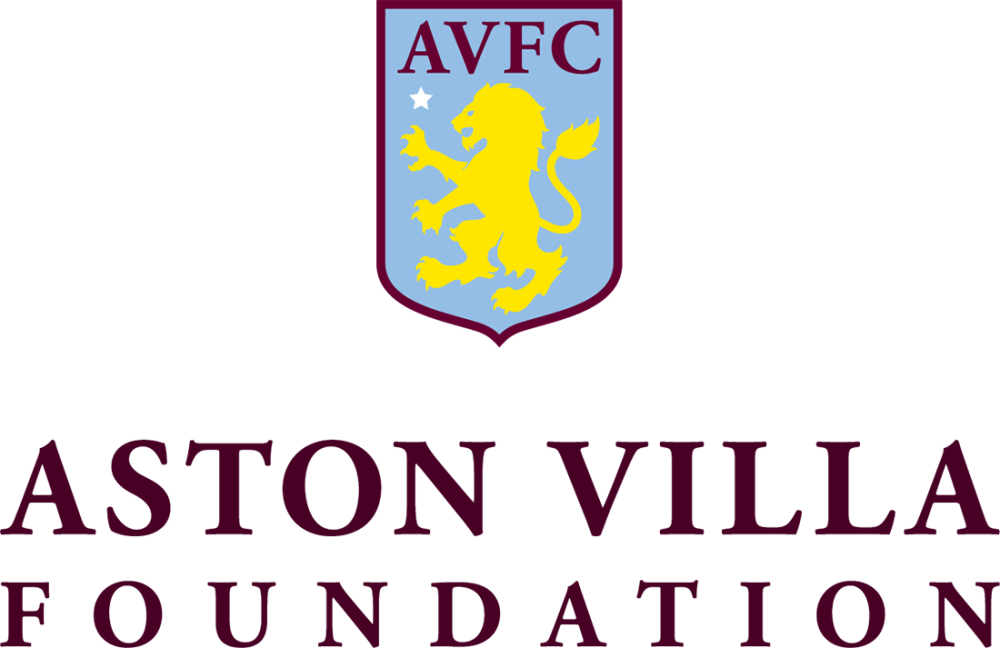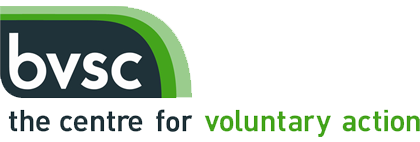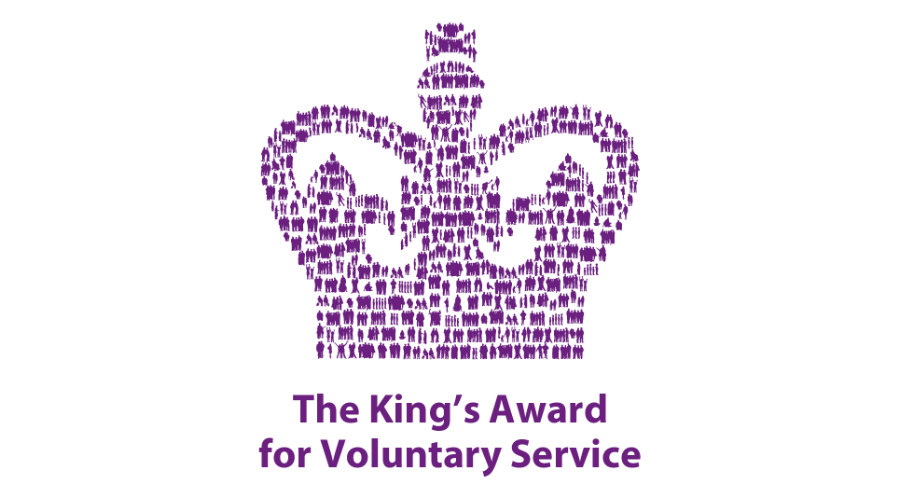
Ramadan or ‘Sawm’ is a special month in the Islamic calendar. It is one of the five pillars of Islam and one of the highest forms of Islamic worship. Muslims around the world join in brotherhood (Ummah) to abstain from food, drink and other physical needs during the daylight hours. The purpose is to purify the soul and practice self sacrifice.
Fasting is mandatory for adults only and will usually last for 30 days. This year Ramadan started on the 6th June 2016 and will finish approx 6th July 2016. As it is the summer, the length of the fast can be very long, as the daylight hours can be around 18+ hours. If you are diabetic or taking medication, it might be best to seek medical advice from your doctor first.
According to the Quran and Sunnah, there are certain groups of people that are exempt from fasting, for example:
- Young children (those who haven’t reached puberty)
- Elderly people
- People who are ill (including people who are managing long term conditions
- People with learning difficulties or mental health problems
- People who are travelling
- Women who are pregnant, breastfeeding or menstruating
For people with diabetes who decide to fast, it is important that they regularly monitor their blood glucose level. Low blood sugar levels, often described as a ‘hypo’, can lead to symptoms such as dizziness, fatigue and dehydration. In some cases, if left untreated it can be quite dangerous and may lead to fainting or fits. If a person with diabetes has these symptoms, they should immediately have a sugary drink or place a sugar rich sweet on their tongue.
5 steps to staying healthy during Ramadan for people with diabetes or other medical conditions:
- If you are a diabetic or on medication, it is essential that you talk to your doctor about it, well in advance, as it could have an impact on your health and recovery. If you are going to be having physiotherapy session during Ramadan, you should speak to your physiotherapist about it too.
- If your doctor advises you not to fast you need to consider their advice. People who are ill or have medical conditions are not expected to fast. You can still take part in Ramadan by offering to charity or providing food for the poor. Talk to your Imam about other ways you could complete your obligation.
- If you do want to fast, you should try fasting for a couple of days in the month before Ramadan (Shabaan) to see if you are able to it without any problems.
- If you are medication, make sure you speak to your GP and ask them what impact not taking your tablets during fasting will have. You may need to change your medication or how you take it.
- You may be tempted to over eat at your Sehri and Iftaar meals. To avoid putting on weight, try not to overindulge and stick to healthy meals containing lots of fruit and vegetables.
Amongst the South Asian community it is common to eat excessive amounts of fried food and meat during the month of Ramadan. This is harmful for your body and may cause you to gain weight. Below is a link to alternative healthy food that you can eat.
For more help and support with staying healthy during Ramadan contact the Legacy WM Family Fit Team on 0121 3488158/8159.
